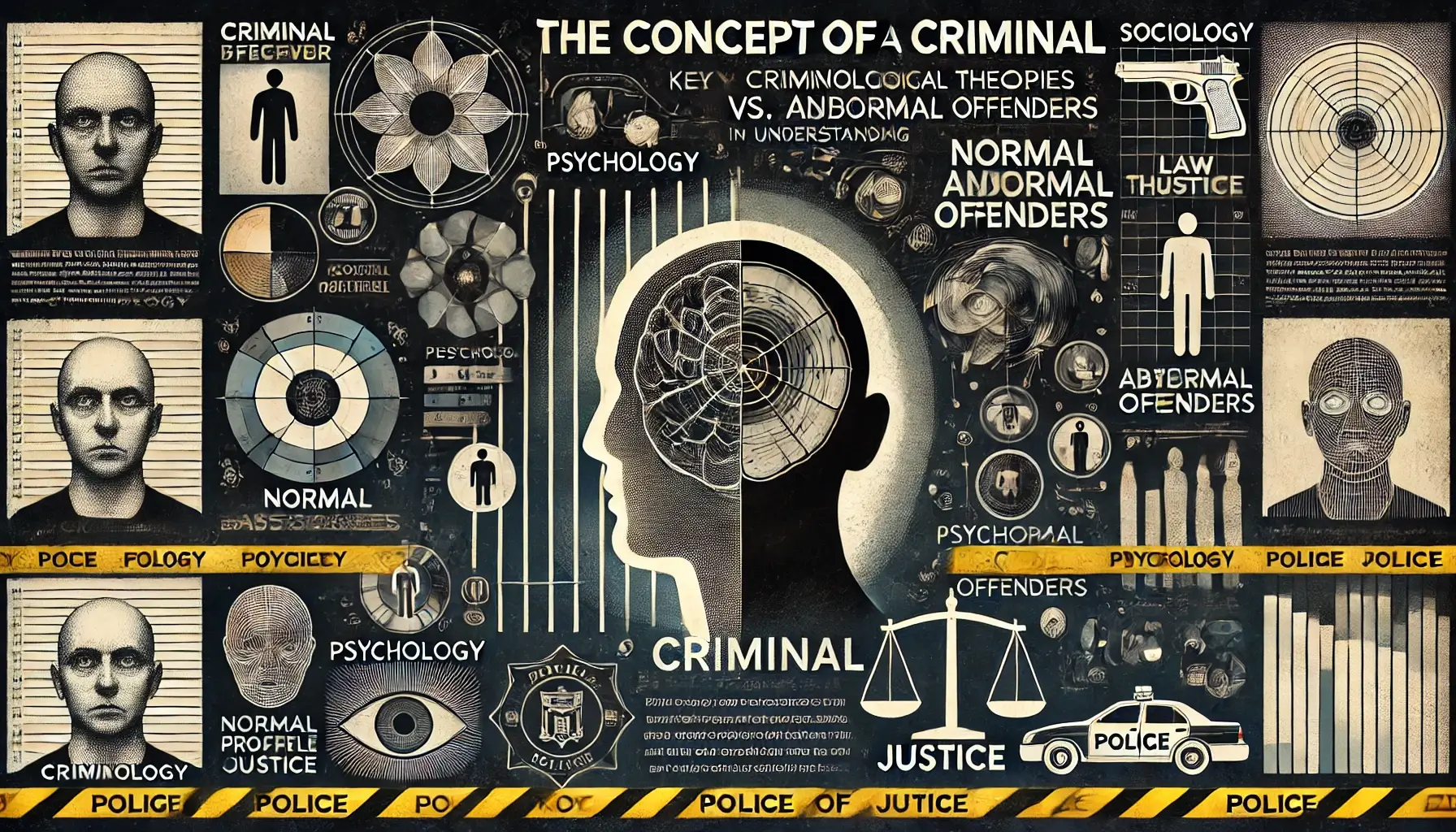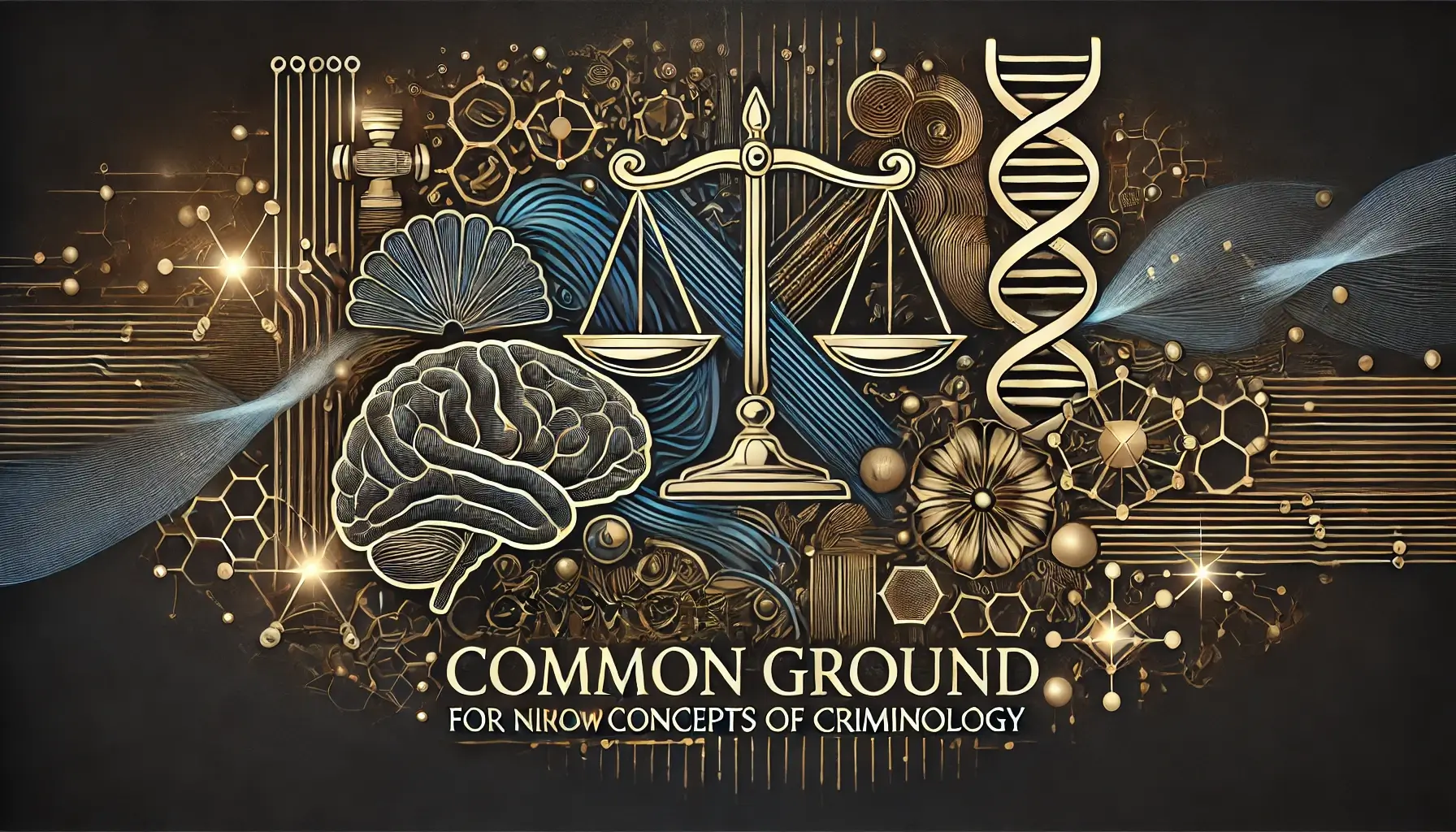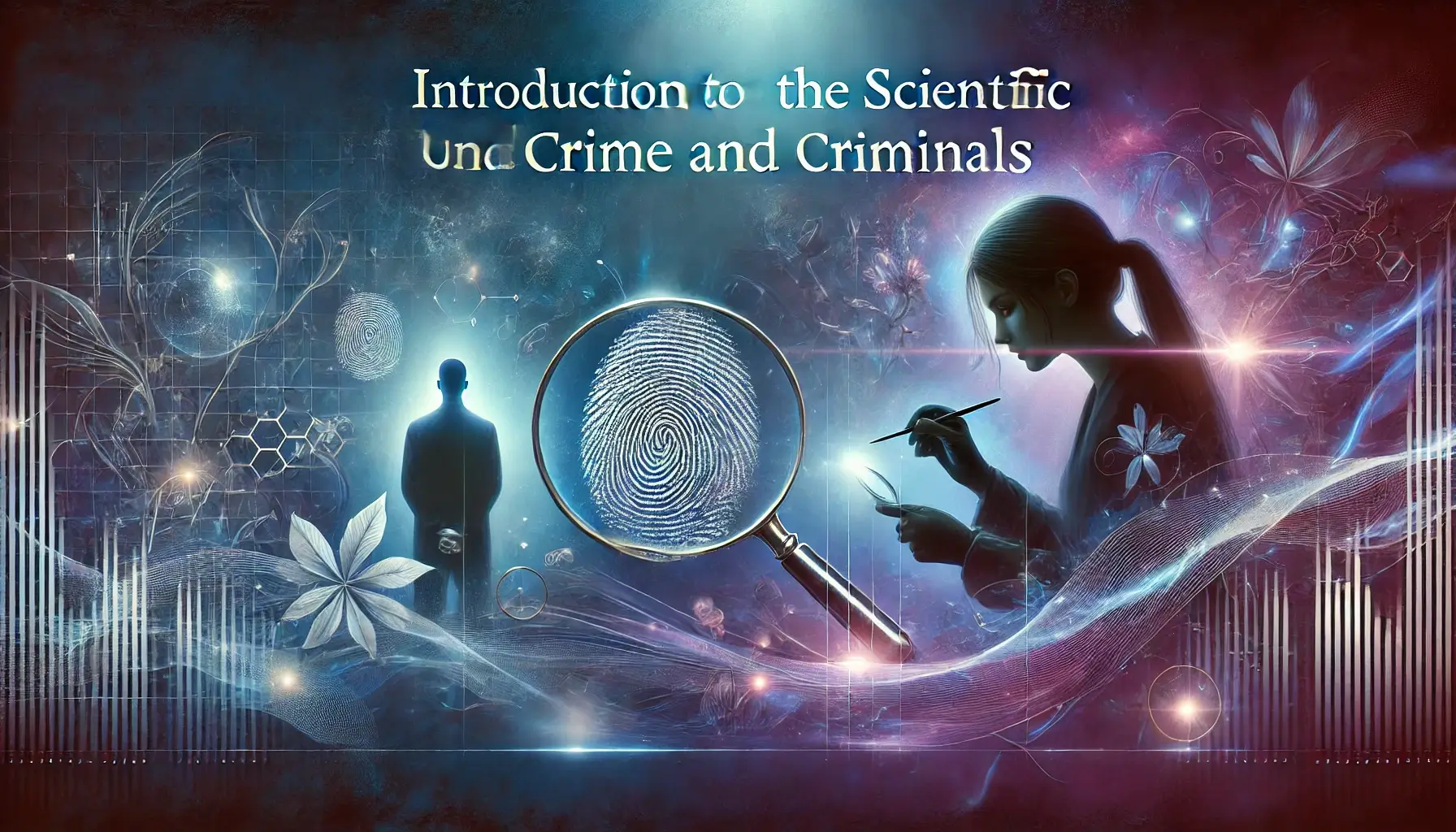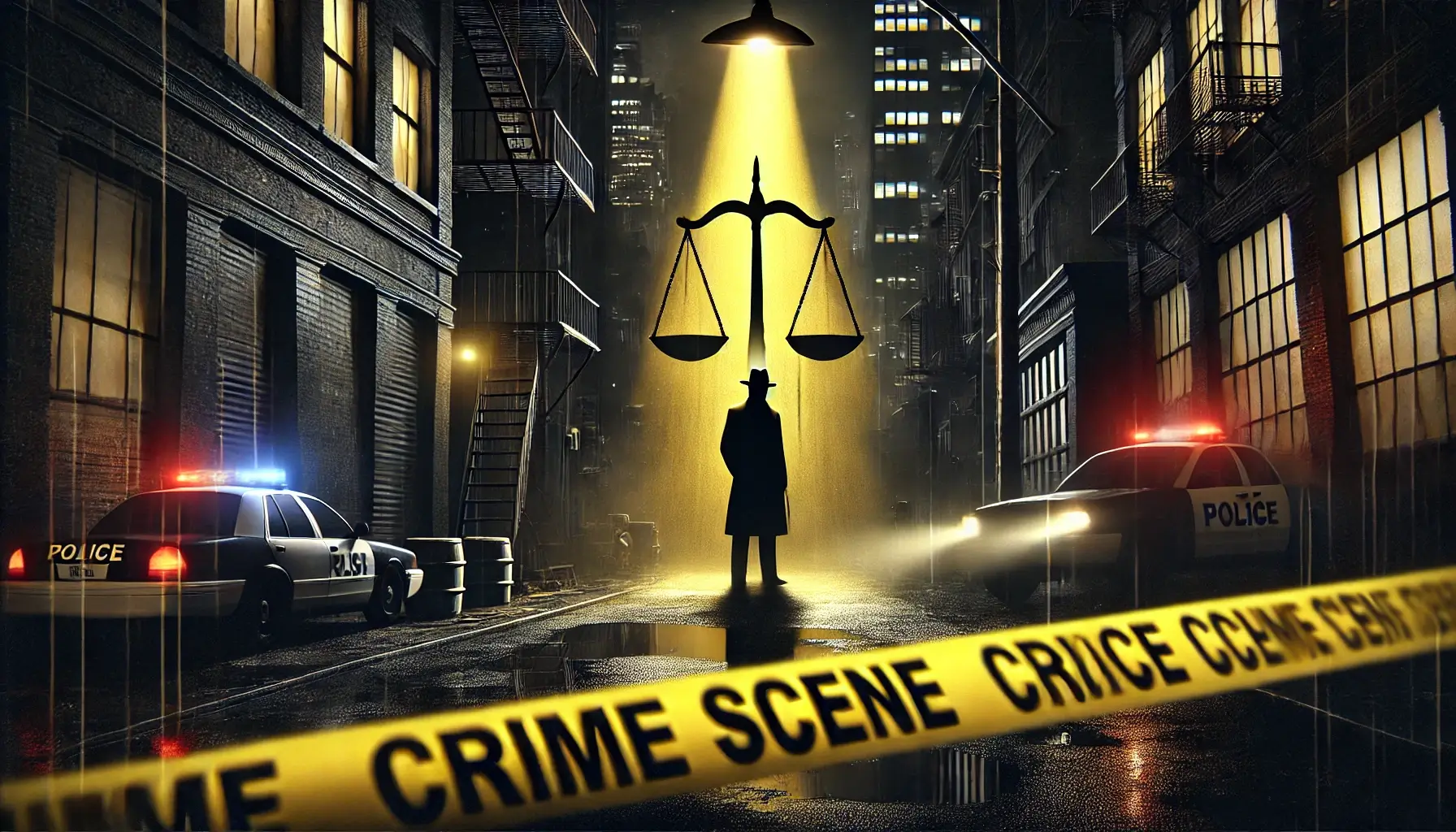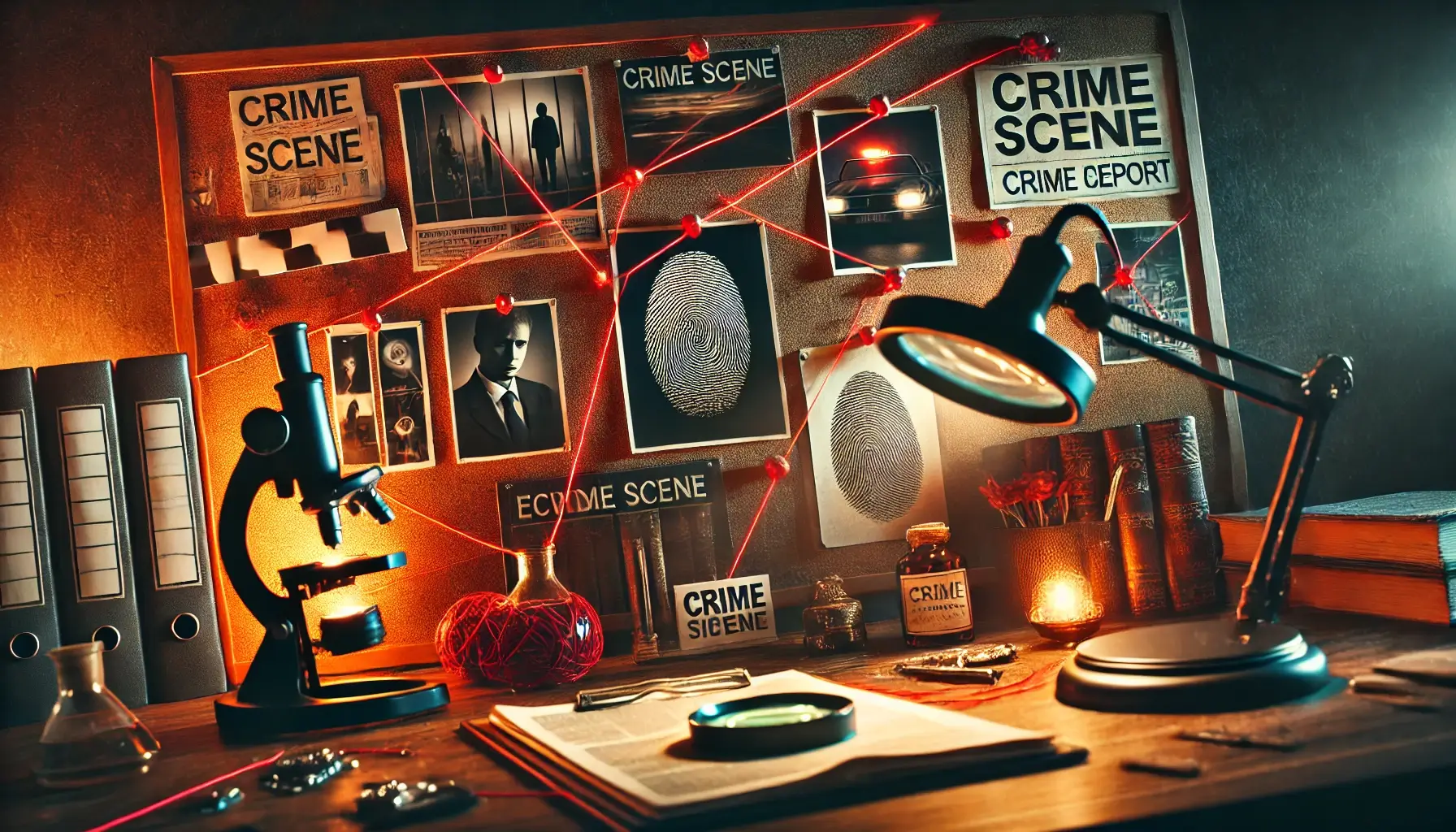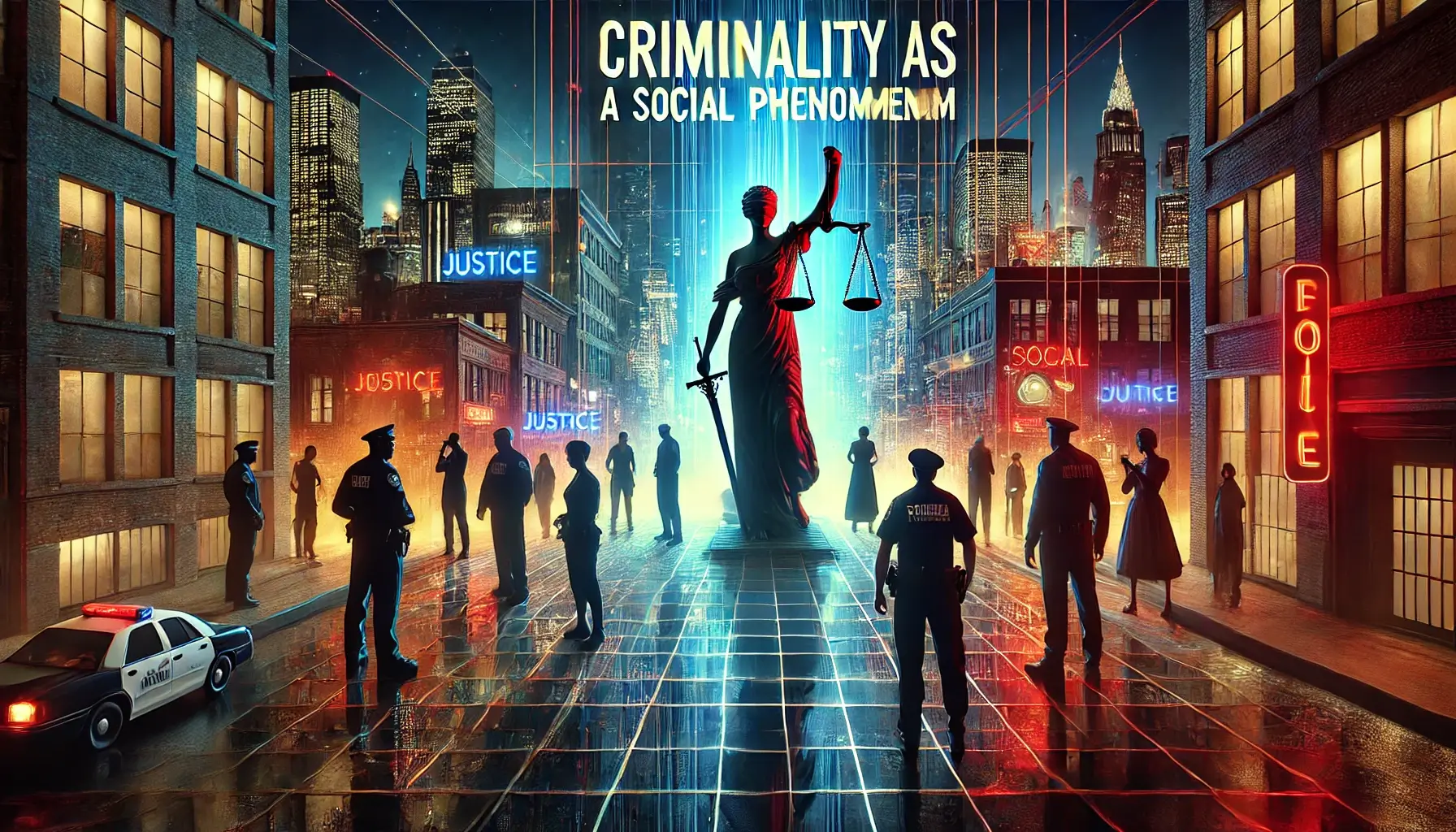The Concept of Criminal in Criminology: Definitions, Stability, and Abnormal Offenders
Introduction Criminology, as a multidisciplinary field, seeks to understand the nature, causes, and consequences of criminal behavior. One of the fundamental aspects of criminology is defining and conceptualizing the term “criminal.” This definition is not static; it varies based on legal, sociological, and psychological perspectives. In this article, we will explore the concept of a … Read more

